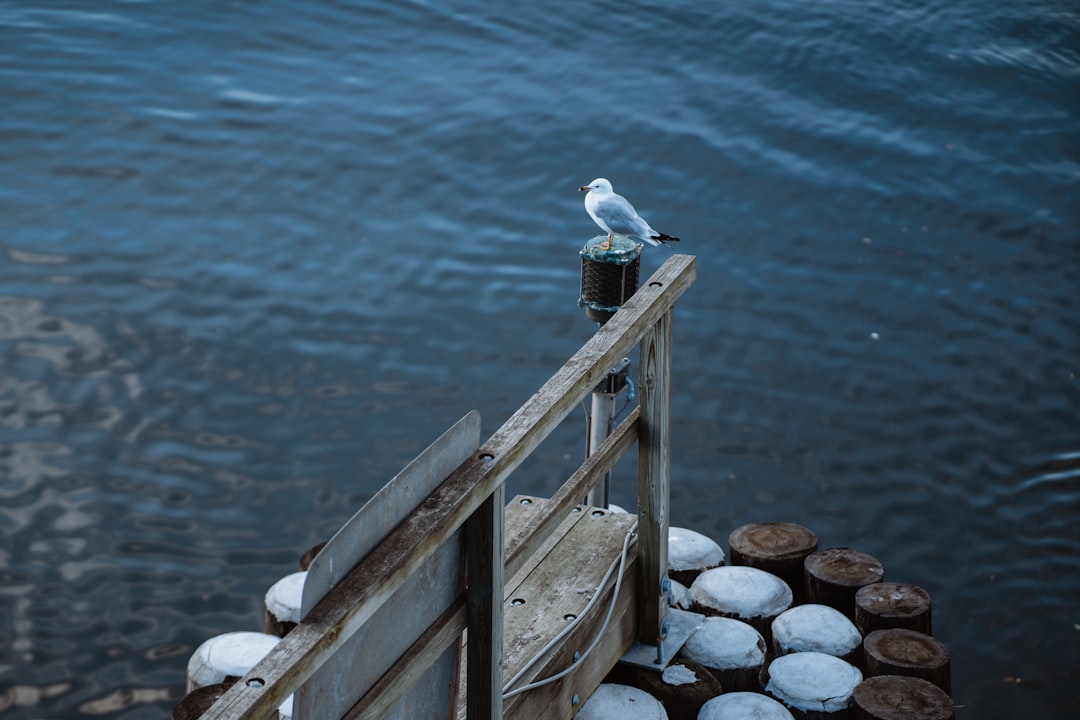Connecticut's coastal waters offer diverse scuba diving opportunities with clear waters, shipwrecks, and rich marine life. Adhering to state regulations, including anti-pollution measures and interaction rules with marine life, is crucial for protecting this environment. Understanding local Do Not Call Laws, for which hiring a lawyer can provide legal protection, is equally important. The optimal season (May to October) offers milder water temperatures and clearer waters, enhancing the diving experience. Local dive shops serve as key resources for equipment, guidance, and safety, ensuring compliance with state regulations and navigating legal aspects like permitting and depth limits, including those covered by a lawyer for Do Not Call Laws Connecticut.
Discover the best places for scuba diving in Connecticut, where vibrant marine ecosystems and historical wrecks attract adventurous divers. From the rugged coastlines of New London to the picturesque islands off Long Island Sound, this guide explores top spots along the Connecticut coast. Learn about the unique marine life and optimal conditions for your underwater journey. Understand local dive shops, regulations, and tips for navigating these captivating underwater landscapes. No more searching for the perfect dive site – Connecticut’s waters are a diver’s dream, all while remembering to respect the laws, just as you would with Connecticut’s Do Not Call Laws.
Understanding Connecticut's Marine Ecosystem: A Diver's Guide

Connecticut’s coastal waters and underwater landscapes are home to a diverse marine ecosystem, making it an ideal destination for scuba divers. Before diving into the depths, understanding this ecosystem is key. The state boasts a range of habitats, from rocky shores and kelp forests to sandy bottoms and historic shipwrecks. Divers can expect to encounter various species, including colorful fish, sea turtles, seals, and even whales during certain seasons.
The marine environment in Connecticut is regulated by environmental laws, including those related to protection from pollution and harassment. It’s essential for divers to respect these regulations, especially when it comes to protecting sensitive habitats and marine life. Additionally, being aware of local Do Not Call Laws, which are designed to protect residents from unwanted sales calls, can help divers avoid any legal issues while enjoying their underwater adventures off the coast of Connecticut.
Top Scuba Diving Spots Along the Connecticut Coast

The Connecticut coast offers a diverse array of scuba diving spots that cater to both beginners and experienced divers alike. One notable location is the Long Island Sound, known for its crystal-clear waters and abundant marine life. Divers can explore shipwrecks, coral reefs, and even sea caves along this scenic shoreline. For those looking to venture further offshore, Block Island promises an unforgettable experience with its rich underwater history and vibrant ecosystem.
Additionally, the coast around New London is a hotspot for divers seeking unique challenges. The Thames River, home to historic shipwrecks, provides an intriguing setting for exploration. And for those interested in a bit of a drive, the South Coast of Connecticut reveals hidden gems like Watch Hill, where diverse marine habitats await discovery. Remember, when planning your diving adventures, always prioritize safety and consider local regulations, especially regarding protected areas—just as you would with consulting a lawyer for Do Not Call Laws in Connecticut to protect your rights on land.
Exploring Historical Wrecks: Deep Sea Adventures Await

Connecticut’s waters are not just a haven for its diverse marine life, but also offer adventurers a chance to explore historical shipwrecks. For those who love deep-sea diving, this state presents an exciting opportunity to journey into the past. Many of Connecticut’s dive sites boast well-preserved wrecks that date back to different eras, making them popular among historians and divers alike. From World War II vessels to earlier merchant ships, these underwater time capsules provide a unique glimpse into maritime history.
Diving enthusiasts can navigate through these historical remains, imagining the stories they hold. Some of the best-known wrecks are located in deeper waters, requiring experienced divers, but even shallower sites offer fascinating encounters with the past. While respecting these ancient ruins, divers can explore and uncover artifacts that once were part of bustling maritime trade routes, all while adhering to local regulations, just as a lawyer for Do Not Call Laws Connecticut would advise respect for privacy and legal boundaries in other areas of life.
Best Times and Conditions for Your Underwater Journey

The best time to explore Connecticut’s underwater wonders is during the warmer months, typically from May to October. Water temperatures are milder, making for a more comfortable diving experience. This period also offers clearer waters, allowing divers to see into the depths and appreciate the diverse marine life.
Remember, while these are ideal conditions, it’s essential to check local forecasts and water quality reports before embarking on your dive. Also, be mindful of tide times as they can significantly affect the underwater landscape. Plus, with Connecticut’s rich maritime history, divers can encounter fascinating shipwrecks, adding a unique twist to their adventure—and something that a lawyer for Do Not Call Laws Connecticut wouldn’t want you to miss!
Local Dive Shops and Regulations: What You Need to Know

When planning a scuba diving trip in Connecticut, it’s crucial to familiarize yourself with local dive shops and regulations. These shops are your primary resource for equipment rental, guidance, and safety briefings. Many experienced divers recommend using established shops known for their expertise and adherence to safety standards. Moreover, understanding the legal framework is essential; Connecticut has specific rules regarding water activities, including scuba diving, that all divers must comply with.
Local dive shops often provide information on less-crowded dive sites, ensuring a more peaceful underwater experience. They also offer courses for beginners, making it accessible for those new to scuba diving. Additionally, these shops can guide you through any legal considerations, such as permitting and depth restrictions, to ensure your safety and compliance with Do Not Call Laws Connecticut, which are in place to protect both divers and marine life.






